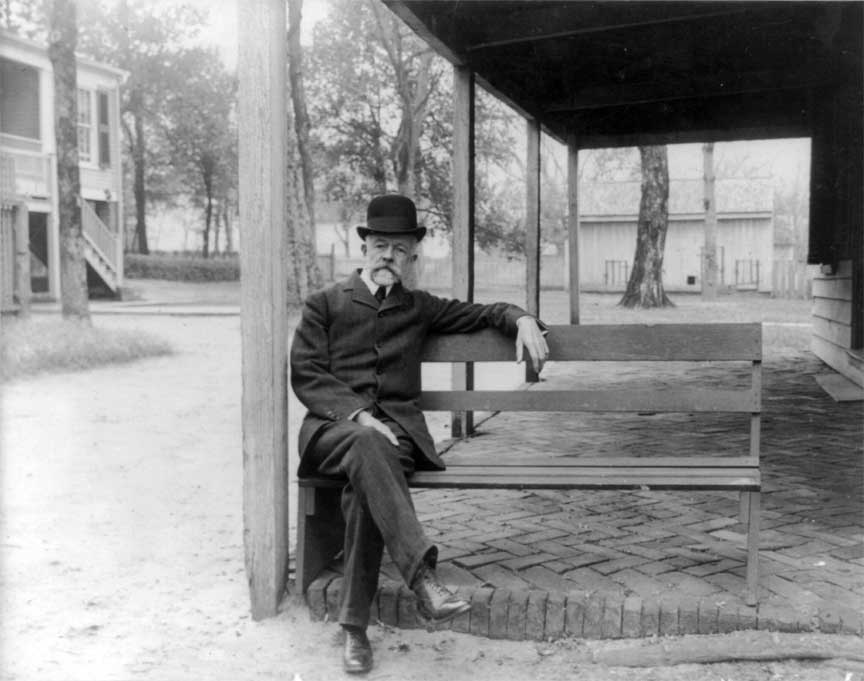Lodge Corollary

The Lodge Corollary to the Monroe doctrine extended the doctrine to include companies as well as governments. Thus the US government would object to a foreign company purchasing assets that gave them effective control of areas of countries in the Western Hemisphere.
When it became known that a consortium of Japanese companies was considering a major investment in Baja California(part of Mexico) that included a strategic harbor Magdalena Bay. The US government opposed the action. Henry Cabot Lodge a senior Senator and member of the Foreign Relations Committee Lodge proposed an extension of the Monroe Doctrine that would extend American opposition to foreign influence in the Western Hemisphere beyond governments but includes large investments by corporations that would give them undue influence in a country or area.
Lodge stated when he introduced the resolution to the Senate:
Resolved, that when any harbor or other place in the American continents is so situated that the occupation thereof for naval or military purposes might threaten the communications or the safety of the United States, the government of the United States could not see without grave concern the possession of such harbor or other place by any corporation or association which has such a relation to another government, not American, as to give that government practical power of control for national purposes. . . .
This resolution rests on a generally accepted principle of the law of nations, older than the Monroe Doctrine. It rests on the principle that every nation has a right to protect its own safety, and that if it feels that the possession by a foreign power, for military or naval purposes, of any given harbor or place is prejudicial to its safety, it is its duty as well as its right to interfere.”
The Japanese government disavowed any interest in Baja and no investment ever took place.
 >
>